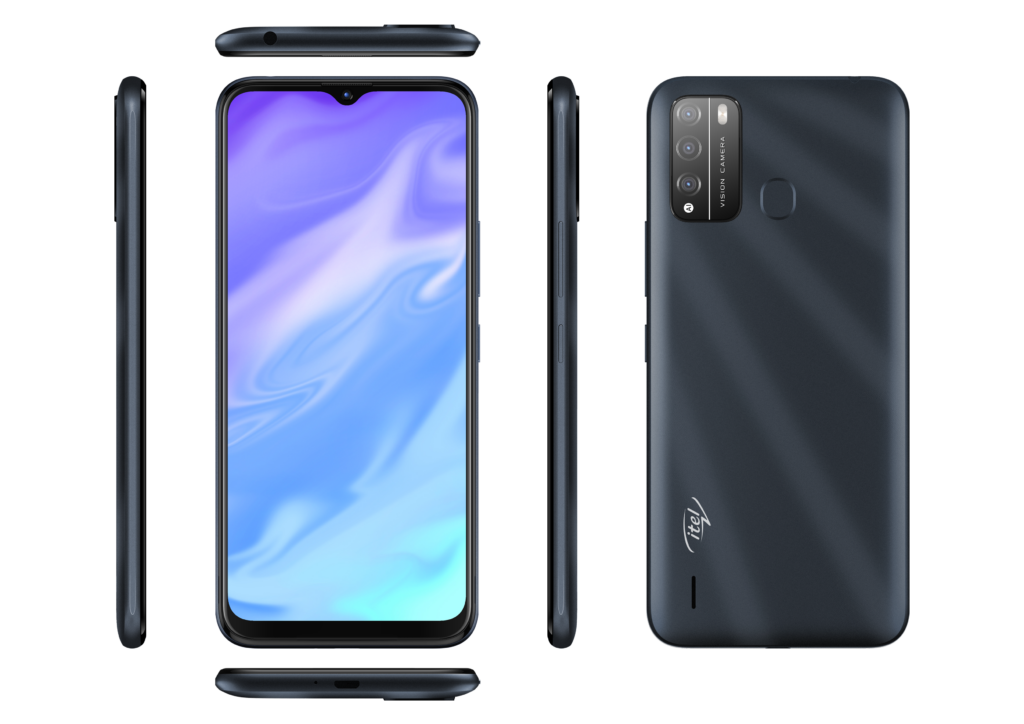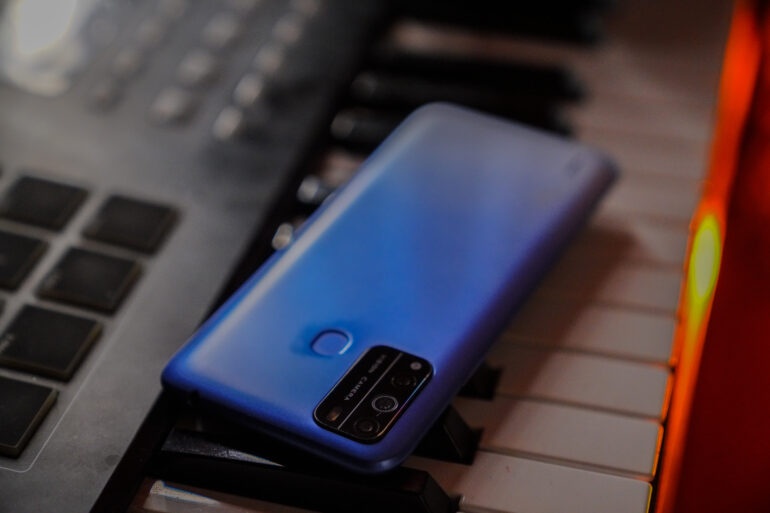I’ve reviewed so many phones in my career that it feels like second nature to me. The most important thing to me is whether you’re getting value for how much you’re paying for that device, whether it be an ultra-premium handset or something more affordable and practical.
Value for money appears to be the deciding factor if Counterpoint’s report about the best selling phones (by volume) of the first quarter of 2021 is anything to go buy. In the report, you’ll notice that six out of the top ten phones sold in the first three months of 2021 are budget and mid-range handsets, while of the four iPhones holding down the top four positions, one of them is 2020’s iPhone 11 and one is the regular iPhone 12 which is considerably more affordable than its Pro and Pro Max siblings.
I mention all of this because everyone is more conscious and intentional about which phone they buy, which makes it somewhat more challenging for a newcomer in South Africa like Itel.
I’ve spent a few weeks with the brand’s Vision 1 Pro to find if it’s worth the price tag.
Design
While it doesn’t make you gasp in delight when you, or anyone else for that matter, look at it, the Vision 1 Pro has a decent design that ticks all the right boxes for a modern-day entry-level device from the gradient back – with an extremely satisfying texture that makes the phone more grippable – to the rear-mounted fingerprint scanner, rectangular camera bump, company logo on the back and the dewdrop notch, 6.5-inch HD+ display and thickish (by 2021 standards) bezels on the front.

Usability
I’m a huge proponent of making tech more accessible and affordable but affordability means nothing if the device you’re buying isn’t able to perform.
The 720p display is fairly bright at 500 nits which is more than the Samsung Galaxy A02 or Xiaomi Redmi 9A offer, however, colours on the Vision 1 Pro can appear slightly washed out. The speaker on this device produces somewhat tinny audio that will suffice for short amounts of time and will probably result in you reverting to using the 3.5mm headphone jack and a solid pair of wired headphones.
Packing a 1.4Ghz UNISOC processor, this phone is surprisingly responsive – this could be a result of the lightweight Android Go operating system coupled with the 2GB RAM – and provided a far more fluid experience when scrolling through apps and menus than I’d expected. Unlocking the phone is also fairly quick when using the fingerprint scanner, not as fast as the fingerprint scanner on a Huawei device but fast enough that you won’t become frustrated with it.
Capturing and sharing pictures and video is an essential part of the modern-day experience and while the Vision 1 Pro’s 8MP triple camera setup can’t quite hold its own against the likes of Huawei and Samsung, it does a decent enough job that no one will think you’re recording your TikToks on a potato, just don’t try taking any night-time shots or you’ll be left with a noisy shot that isn’t entirely pleasing to the eye unless you’re going for that pixelated on-the-go 90’s era documentary style shot. The 5MP selfie camera is decent but again, it’s nothing spectacular.
Here’s where the decent becomes meh.
Bloatware in the form of unwanted apps is a real issue on this device. I’d found myself spending more time removing unwanted bloatware than I would’ve liked. While you can remove many of the apps, unwanted pre-installed apps eat up valuable processing power, space on the device, and some of them can’t be removed or uninstalled.
While these pre-installed apps are most likely one of the reasons why the device is so affordable, it’s a compromise that I don’t love.
As annoying as the bloatware is, my biggest concern is the delay in security updates. At the time of writing this, the most recent security update on the Vision 1 Pro is dated 5 December 2020.
With new devices, it’s standard to receive monthly security updates and as time goes by, one starts facing inevitable delays with those security updates as the device ages and newer devices become available. For a new device to ship with a security update that’s six months old and shows no new updates waiting when manually checking for it is concerning. Not only has there been an increase in the amount and type of security threats and malware, but new types of attacks and malware are also springing up faster than companies can keep up with and the delays in security updates on the Vision 1 Pro will most likely increase as the device ages.
Verdict
The Itel Vision 1 Pro is an adequate phone from a company – Transsion – that is currently dominating the African smartphone market, and while it packs impressive responsiveness, an impressive price tag, and an adequate set of features, you have to ask whether adequate is enough when competitors like Xiaomi and Samsung are offering a more comprehensive ecosystem, better software updates and are more well known and loved brands in South Africa.
If you’re looking for a reasonably competent phone that does the basics without breaking the bank, then this is a worthy consideration, however, at this price point, the Vision 1 Pro is going up against the Samsung Galaxy A02, Xiaomi Redmi 9A, Nokia C20 and Huawei’s Y5p and Y5 lite, all of which are compelling sub R2000 devices with differing priorities.
Specs
- Display: 6.5-inch HD+ display
- Processor: 1.4Ghz quad-core UNISOC
- Battery: 4000mAh
- Micro-USB charging port
- 3.5mm headphone jack
- Main camera: 8MP triple-lens
- Selfie camera: 5MP
- RAM: 2GB
- On-board storage: 32GB
- Android Go operating system
- Price: R1 699.00


